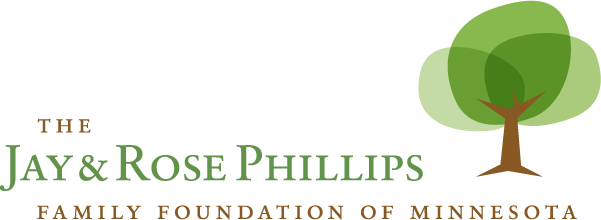VISTAs spend their year of service developing systems, building capacity, and engaging in professional development. Here at C3 we offer a wide array of professional development opportunities for VISTAs to take part in. Opportunities can sometimes be personally powerful as well. In the following post, Sarah Reiter delves into a recent conference she attended and how it was one of the most important experiences of her life.
Written By Sarah Reiter, VISTA at Project for Pride in Living
“Racial Justice isn’t a topic. It is a way of being”
I had the amazing opportunity to attend the annual Kente Circle Conference, led by Kente Circle which provides learning opportunities for nonprofits all over the country. This year’s conference was titled: “Healing the Wounds of Racial Trauma.”
It was the most honest discussion on race that I’ve ever experienced.
Racial trauma is multigenerational, and it is essential that we use this word because it forces one to look at both the history and current context when asking why someone behaves the way they do. Learning about racial trauma from the experiences of people of color was one of the most important experiences of my life, and I would not have gone to this conference if it weren’t for my site’s commitment to providing me with professional development opportunities.
Dr. Anderson J. Franklin–a distinguished psychologist and professor at Boston College –exposed the unspoken narratives of the everyday life of black individuals. Micro aggressions against people of color wear them down and can lead to feelings of rage, which many people of color experience. He sought to explain what it is like for a black person living in a racist society by breaking down their experiences in systems of education, work, health, and criminal justice.
He also explained how powerful the media is in perpetuating the one black narrative. He warned against making assumptions and urged people to realize the diversity of narratives that exist for people of color. Most importantly be aware that circumstance does not determine the narrative. Dr. Franklin urged us all to remember the resilience that is found in communities of color. Audience members echoed this, clearly embracing the resilience of their fellow people of color and proud of their own resilience.
“Deal with your white pain and fear so that you’re not dangerous to me (a black woman).” –Ms. Vanessa Jackson
The panel discussion afterwards recognized white allies in the room but a few white people’s devotion to consciously not be racist and to be aware of their privilege does not undo the pain within communities of color. The panelists explained that it is impossible for them to talk about their experiences without making white people feel badly. They also expressed that they do not have the time or the patience to hear about white people’s pain. This is an extremely honest statement. Dr. Franklin asked us, “Why are you [white people] so impotent in front of race? How are you so helpless while being so empowered?” I felt as though he was speaking to me because just previously in the group reflection I felt that I could not even speak for fear of saying the wrong thing. Ms. Jackson, another speaker, encouraged us to gather the courage necessary to reform. It hurts to know that one’s own existence contributes to the pain of another human being.
“I’d rather see nothing change doing something than see nothing change doing nothing.”
Going forward, Dr. Hardy pressed that we cannot be hopeless because it perpetuates the status quo. He encouraged the way to end racism in a person is to put them in black spaces and interact with people of color. Ending racism can’t be taught through logic. White people need to feel in their heart the suffering the people of color and to know them on a personal level.
This conference was extremely important to me and I am grateful to have had the opportunity. This conference is essential for me to keep in mind as I develop programs for opportunity youth. It can be easy to fall into the trap of assumptions about our clients. In our service, we must ask our clients how they survive and thrive and focus on resilience in healing from racial trauma. This experience was powerful and painful. I was one of a small group of white people in attendance at the conference. This conference made me painfully aware of my privilege as a white person–something I had learned about and understood, but never felt so deeply in my heart, I will carry these feelings throughout my service.
